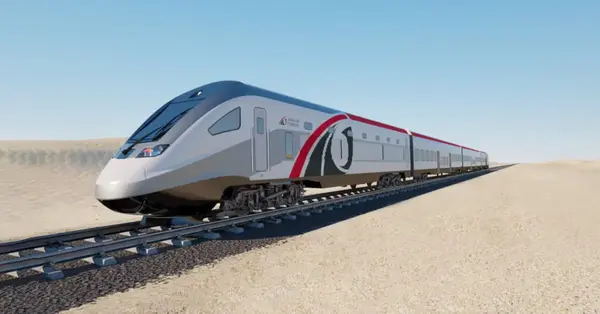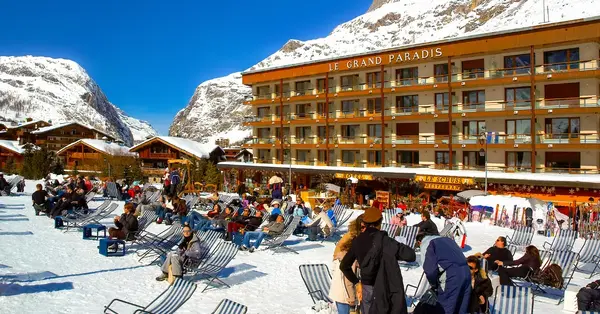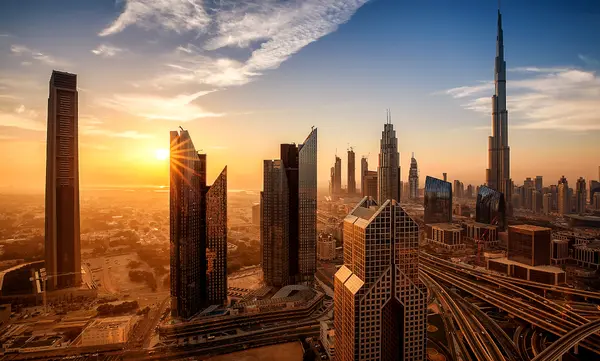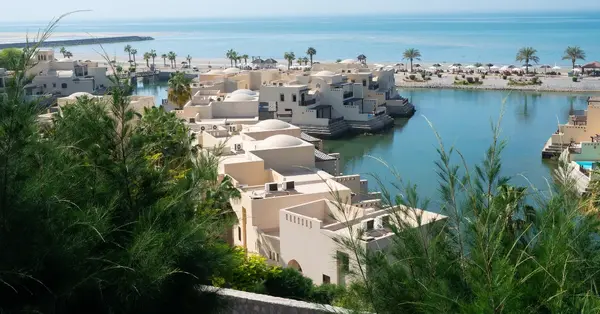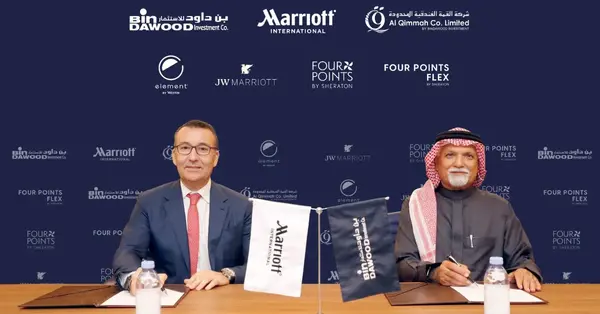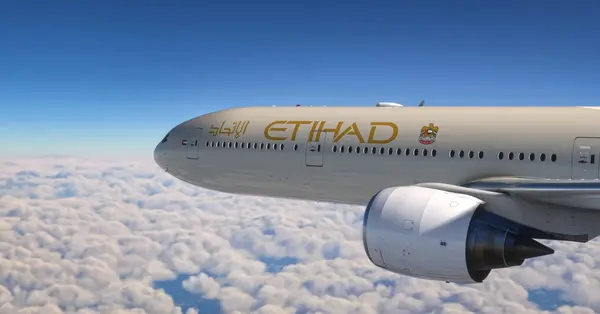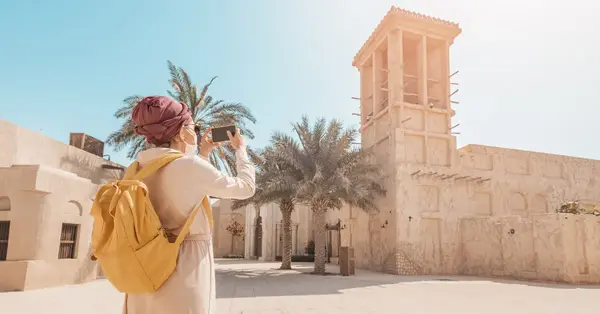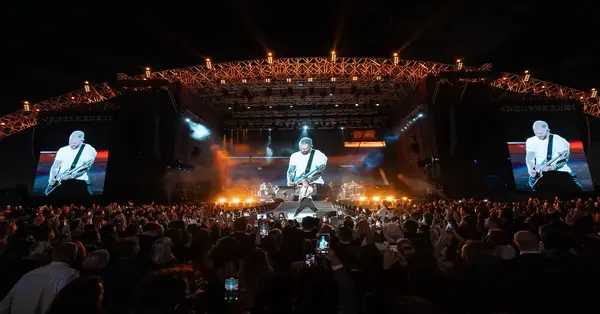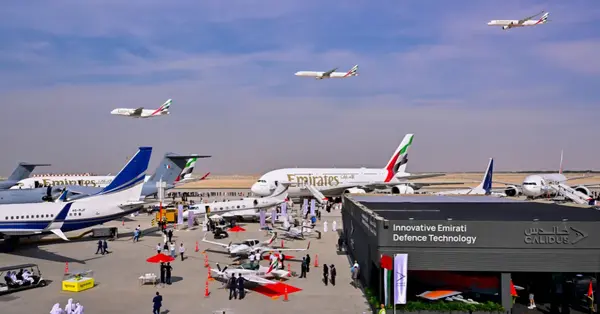You are viewing 1 of your 2 free articles
Emirates and Shell Aviation sign agreement for SAF supply
Emirates has announced an agreement with Shell Aviation for the supply of more than 300,000 gallons of blended SAF for use at the airline's international hub in Dubai International (DXB)."We hope that this collaboration develops further to provide an ongoing future supply of SAF in our hub, as there are currently no production facilities for SAF in the UAE. ""Enabling SAF to be supplied at DXB for the first time is an important milestone, and a perfect example of how the different parts of the aviation value chain have a role to play in unlocking progress on SAF. We hope that this can act as a springboard for more action on SAF across the aviation industry in the UAE and region."
As a safe and fully certified drop-in fuel compatible with existing aircraft fleet and airport infrastructure, SAF can be blended with conventional jet fuel at a ratio of up to 50%, creating an aviation fuel that is significantly lower in lifecycle carbon emissions. In its neat form, SAF can reduce lifecycle emissions by up to 80% compared to conventional jet fuel.
Earlier this year, Emirates successfully completed the first 100% SAF-powered demonstration flight in the region.
For more information, visit www.emirates.com

